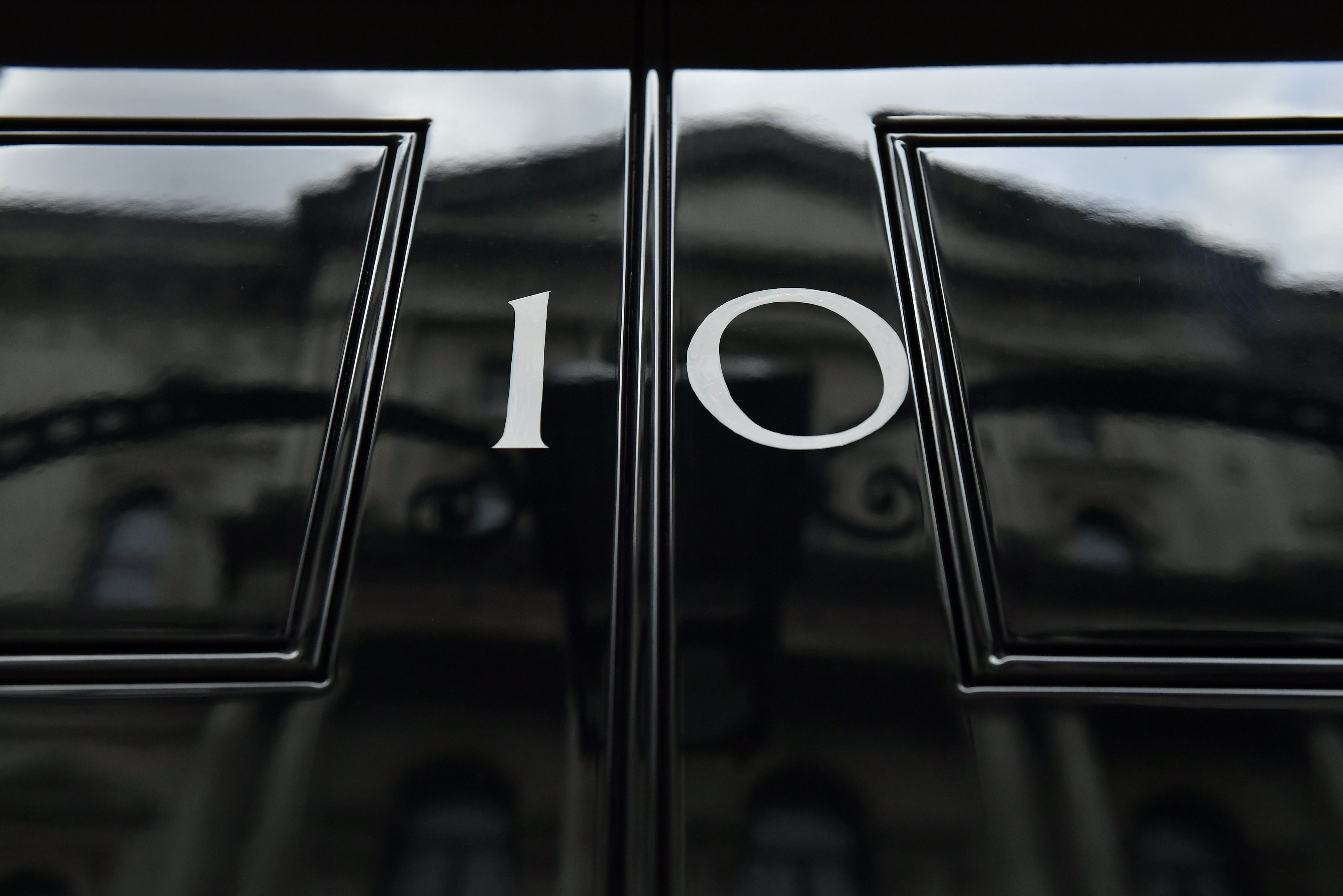Partygate police sifting through more than 300 photos and 500 pieces of paper
The material was given to the Metropolitan Police by the Cabinet Office on Friday.

Police investigating parties held in Downing Street and the Cabinet Office during lockdown have received more than 300 photographs and 500 pieces of paper from officials.
The material was given to the Metropolitan Police by the Cabinet Office on Friday and investigators are sifting through it to work out who they need to question further.
Those individuals will be sent a series of questions by post or email before officers decide whether they should be fined for breaching Covid regulations.
Commander Catherine Roper said in a pooled broadcast interview that the fines in question would not be the penalties of thousands of pounds that were faced by some members of the public who organised large gatherings.
Following the publication of an update on the inquiry into the events by civil servant Sue Gray on Monday, the Metropolitan Police confirmed that they are investigating events on eight different dates at Downing Street and the Cabinet Office.
The first is May 20 2020, the day of the “bring your own booze” party held after Number 10 official Martin Reynolds, emailed 100 members of staff inviting them to a drinks event.
Next is June 18 when there was a gathering at the Cabinet office on the departure of a No 10 private secretary; and June 19 when there was a get-together in the Cabinet room in No 10 Downing Street on the Prime Minister’s birthday.
Also under the spotlight are events on November 13, the night of the departure of Dominic Cummings, the day when there was one gathering in the Downing Street flat and another in No 10 Downing Street.
Police are investigating dates which have been linked to Christmas parties in the Cabinet Office on December 17 and Downing Street on December 18, and leaving drinks for the former head of the Government’s Covid Taskforce Kate Josephs.
They are also looking at dates when drinks were held at Number 10 on January 14 on the departure of two private secretaries; and leaving events for James Slack, Mr Johnson’s former director of communications, and one of the Prime Minister’s personal photographers in Downing Street on April 16 2021, the day before the Duke of Edinburgh’s funeral.
In its latest statement the Metropolitan Police said: “Having received the documentation from the Cabinet Office on Friday January 28, we are now reviewing it at pace to confirm which individuals will need to be contacted for their account.
“This prioritisation will include reviewing all the material from the Cabinet Office, which includes more than 300 images and over 500 pages of information.
“If following an investigation, officers believe it is appropriate, because the Covid regulations have been breached without a reasonable excuse, a fixed penalty notice would normally be issued.
“Once the penalty is paid, the matter is considered closed.
“Alternatively individuals may decide to dispute the notice.
“In these circumstances officers will consider whether to pursue the matter in a magistrates’ court.”
The force addressed controversy over its request to Ms Gray to make minimal reference to the events under investigation in her update, saying: “In any investigation officers seek independent accounts from each individual, as free from the influence of others’ recollections as possible.
“Officers would also seek to avoid providing details of their investigation in advance to those they contact, so that individuals are not tempted to shape their accounts according to what is in the public domain.
“This is a standard approach in all investigations to ensure that how people engage with our investigation is not prejudiced, and not a judgment on the individuals who attended these specific events.”
Bookmark popover
Removed from bookmarks